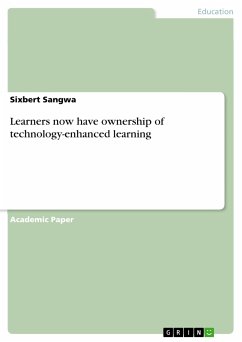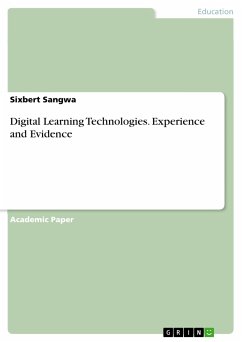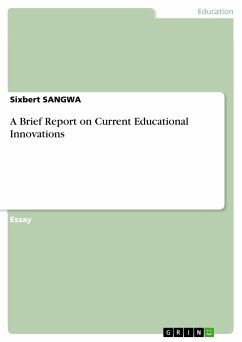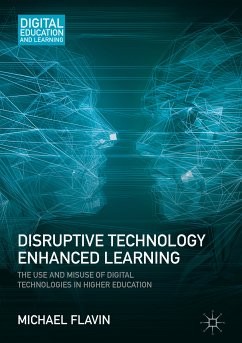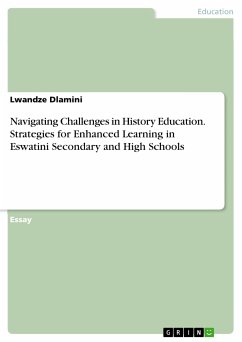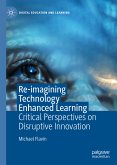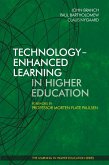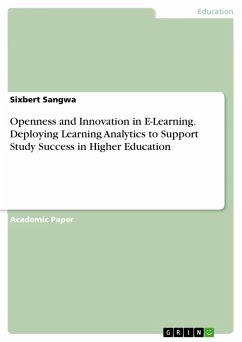Academic Paper from the year 2018 in the subject Pedagogy - Media Pedagogy, grade: 74, The Open University (School of Educational Technology), course: Technology-Enhanced Learning: Practices and Debates, language: English, abstract: This module paper attempts to evaluate how learners own technology enhanced learning. It begins with a critical review of McCarthy's 'Learning in the Café: pilot testing the collaborative application for education in Facebook' and Thorpe's 'Effective online interaction: mapping course design to bridge from research to practice'. The fact that Facebook has different features that promote student interactions, it was no surprise that 92 % agreed that Café encourages their interaction with their peers. The importance of this interaction was confirmed by Thorpe (2008) who recommends a range of activities that promote both group and individual participation as well as compulsory student participation for effective interaction.
Dieser Download kann aus rechtlichen Gründen nur mit Rechnungsadresse in A, B, BG, CY, CZ, D, DK, EW, E, FIN, F, GR, HR, H, IRL, I, LT, L, LR, M, NL, PL, P, R, S, SLO, SK ausgeliefert werden.

